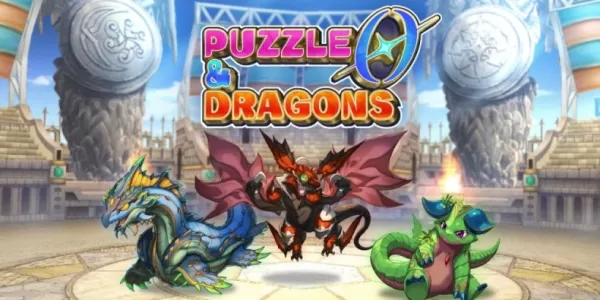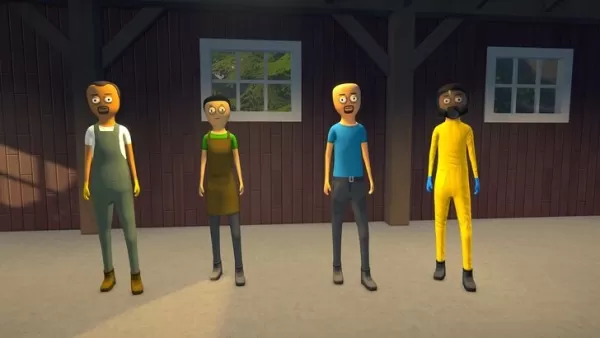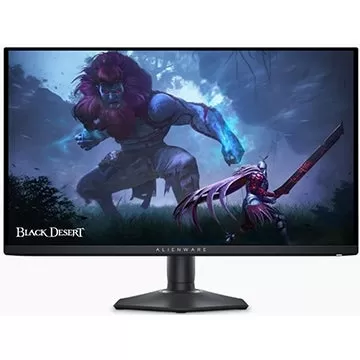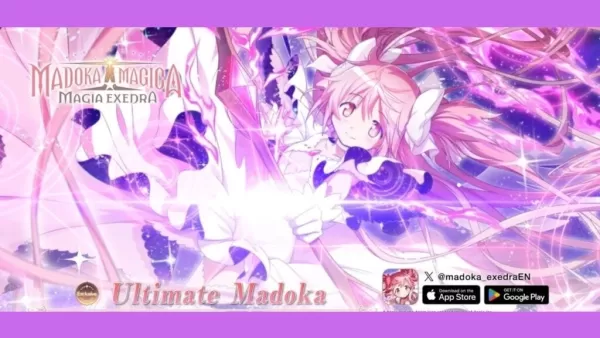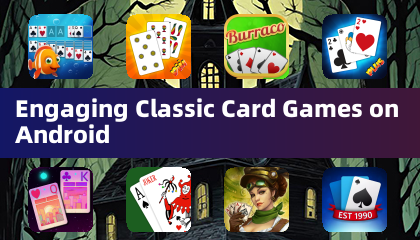
The European Union’s Court of Justice has ruled that consumers may legally resell digital games and software purchased online, regardless of End User License Agreements. Learn more about this landmark decision.
EU Court Approves Resale of Digital Games
Exhaustion Principle and Copyright Limits
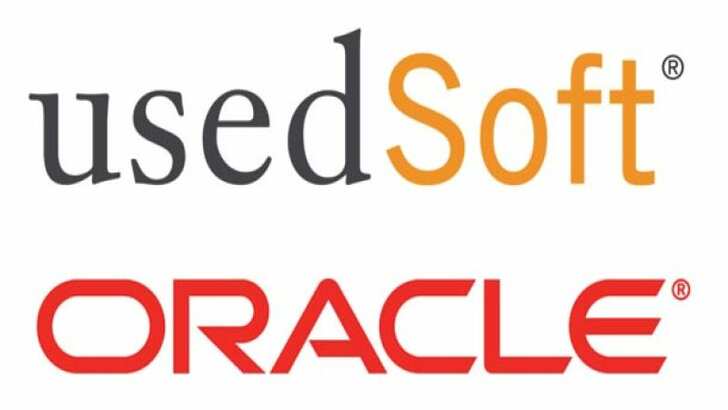
The European Union’s Court of Justice has authorized consumers to resell digital games and software they have purchased and downloaded. This ruling stems from a legal dispute in Germany between software reseller UsedSoft and Oracle.
The court’s decision is grounded in the principle of exhaustion of distribution rights. Once a copyright holder sells a copy and grants unlimited use, their control over distribution ends, enabling the buyer to resell it.
This ruling applies to consumers in EU member states and covers games bought on platforms like Steam, GoG, and Epic Games. The original purchaser can transfer the game’s license, allowing the new buyer to download it from the publisher’s website.
The court stated, “When a license grants unlimited use of a copy, the rightsholder’s distribution rights are exhausted upon sale, and they cannot prevent resale, even if the license prohibits it.”
In practice, the original buyer might provide a license code to the new owner, losing access to the game upon transfer. However, the lack of a standardized marketplace for such transactions raises questions about implementation.
For instance, how would account registration transfers work? Physical copies, for example, remain tied to the original owner’s account.
(1) “The exhaustion principle limits a copyright owner’s control over distribution. Once a copy is sold with their consent, the buyer may resell it, and the rightsholder cannot object.” (via Lexology.com)
Sellers Lose Access to Games After Resale
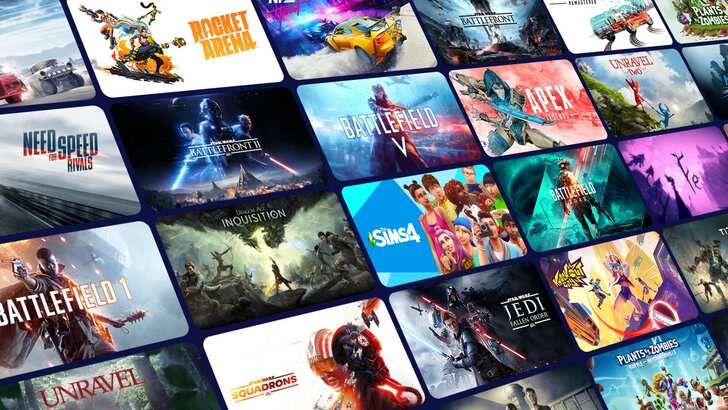
While publishers often include non-transfer clauses in user agreements, this ruling overrides such restrictions in EU member states. However, sellers cannot continue playing the game after resale.
The EU court clarified, “The original buyer of a digital or physical copy, where distribution rights are exhausted, must render their copy unusable upon resale. Continued use would violate the copyright holder’s reproduction rights.”
Reproduction Allowed for Program Use
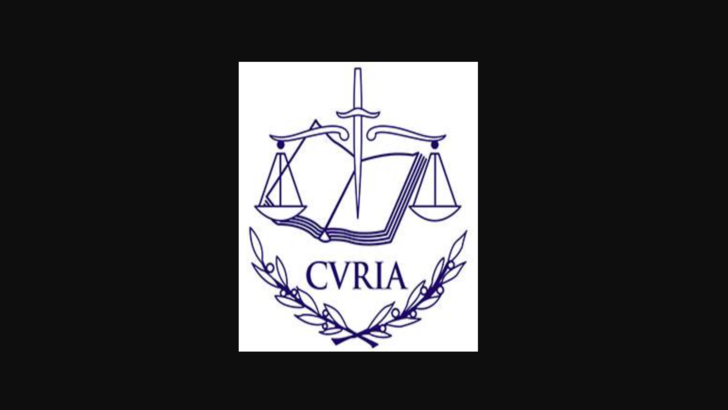
The court noted that while distribution rights are exhausted, reproduction rights remain, but only for copies necessary for the buyer’s lawful use. Contracts cannot prevent such reproductions.
“A subsequent buyer of a copy with exhausted distribution rights is a lawful acquirer. They may download the copy sold by the original buyer, as this is necessary to use the program as intended.” (via EU Copyright Law: A Commentary, Elgar Commentaries in Intellectual Property Law series, 2nd Edition)
Backup Copies Cannot Be Resold
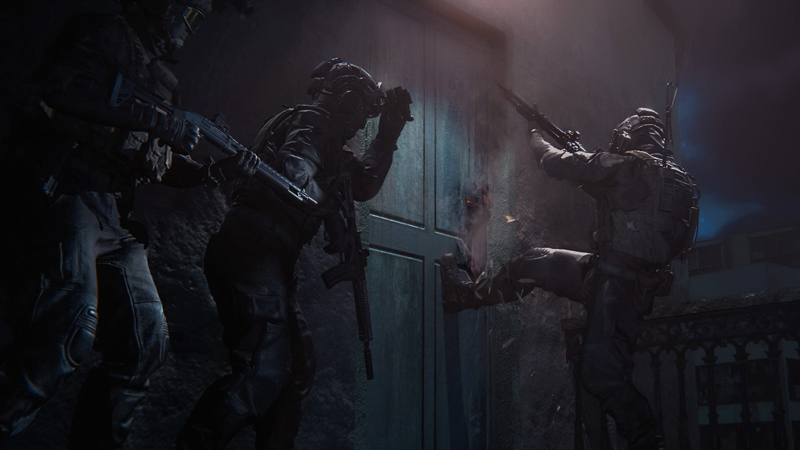
The court also ruled that backup copies of programs cannot be resold. Buyers are prohibited from selling such copies.
“Lawful acquirers cannot resell backup copies of computer programs,” the Court of Justice of the European Union stated in the case of Aleksandrs Ranks & Jurijs Vasilevics v. Microsoft Corp.






 LATEST ARTICLES
LATEST ARTICLES 